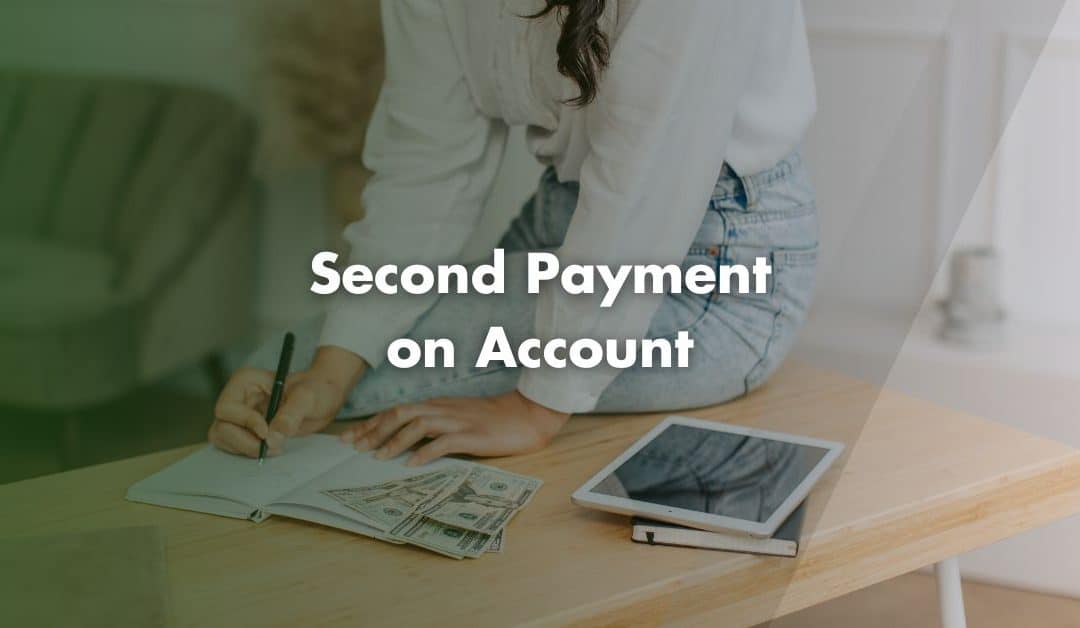If you are self-employed or submit a Self Assessment tax return, you should be familiar with Payments on Account. These advance payments help spread the cost of your tax bill across the year, preventing one large lump sum. The Second Payment on Account is fast approaching.
What are Payments on Account?
Payments on Account are advance payments you make towards your next Self Assessment tax bill. They include Income Tax and, if you are self-employed, Class 4 National Insurance Contributions (but not Class 2).
These amounts are based on your tax liability from the previous year. HMRC assumes your income will be similar and estimates what you will owe. Each instalment is typically half the amount of tax you owed last year. You must make Payments on Account if:
- Your Self Assessment bill for the previous tax year was more than £1,000
- You paid less than 80% of your tax through PAYE or other deductions at source
You do not need to make Payments on Account if your tax bill was less than £1,000 or if HMRC deducted most of your tax through PAYE.
When is the Second Payment on Account Due?
The Second Payment on Account is due by midnight on 31st July. You should have made the first payment by 31st January.
If your income turns out to be higher or lower than last year, you may have a balancing payment or be eligible for a refund. If you owe more than what you have already paid, you must pay the remaining balance by 31st January following the end of the tax year.
This final sum is a “Balancing Payment” and may include Student Loans or Capital Gains Tax where relevant, as they do not fall into Payments on Account.
How to Check What You Owe
To stay on top of your tax obligations, check your HMRC Online Account:
- Sign into your account
- Open your latest Self Assessment return
- Select “View Statements”
This section will show all previous payments and outstanding amounts. If you submitted a paper return, you can check your Self Assessment statement for this information.
What If Your Income Has Dropped?
Payments on Account are based on last year’s earnings. If your income has dropped this year, you might be paying too much. To avoid overpaying, you can reduce your payments:
- Log into your HMRC account and choose “Reduce Payments on Account”
- Or submit Form SA303 by post
Take care not to reduce them too far. If you underpay, HMRC will charge interest on the difference.
What If You Have Not Filed Your Tax Return Yet?
Even if you have not filed your 2024/25 tax return, you still need to make the Second Payment on Account if you expect your earnings are going to be similar to the previous year.
To reduce the second instalment, you must either file your return or actively submit a request to reduce your Payments on Account (online or via Form SA303) before 31st July.
If your January payment already covers your tax, you might not owe anything in July. HMRC will refund or carry forward any overpayment.
What If You Cannot Afford to Pay?
If you are struggling to pay, you must contact HMRC before the deadline. You might qualify for a Time to Pay agreement if:
- You owe £30,000 or less
- You have filed your latest tax return
- You are within 60 days of the deadline
- You have no other outstanding tax debts or payment plans
This plan allows you to spread payments into manageable monthly amounts. HMRC charges interest on underpayments, and as of July 2025, the late payment interest rate is 8.25%.
How to Pay Your Second Payment on Account
HMRC offers several payment options. Choose the method that suits you best:
- Online or telephone banking
- Debit card or CHAPS
- BACS or cheque
- Direct Debit (either weekly or monthly instalments)
Always use your Unique Taxpayer Reference (UTR) when making payments to ensure proper allocation.
Contact Us
We are not just accountants; we are Chartered Accountants with one of the most reputable and premium accounting bodies. We are registered and regulated by ACCA; so you can rest assured that you are in good hands. Knowing this, don’t hesitate to get in touch with us if you require assistance: Pi Accountancy | Contact Us
This article is for general informational purposes only and does not constitute legal or financial advice. While we aim to keep our content up to date and accurate, UK tax laws and regulations are subject to change. Please speak to an accountant or tax professional for advice tailored to your individual circumstances. Pi Accountancy accepts no responsibility for any issues arising from reliance on the information provided.

